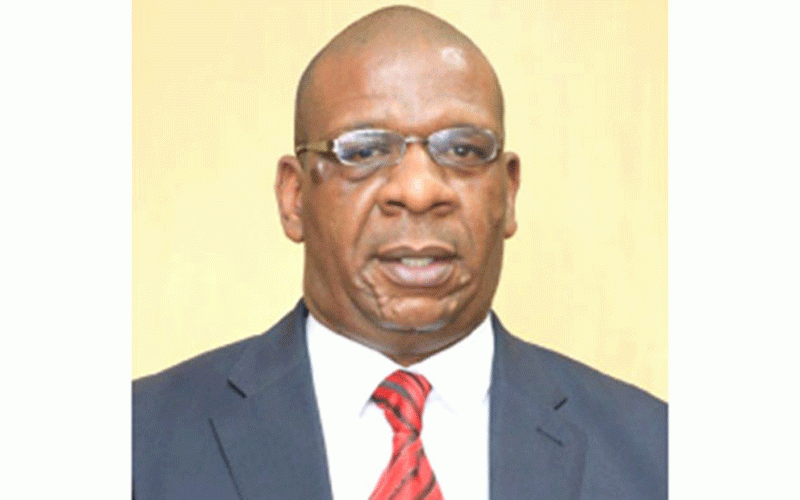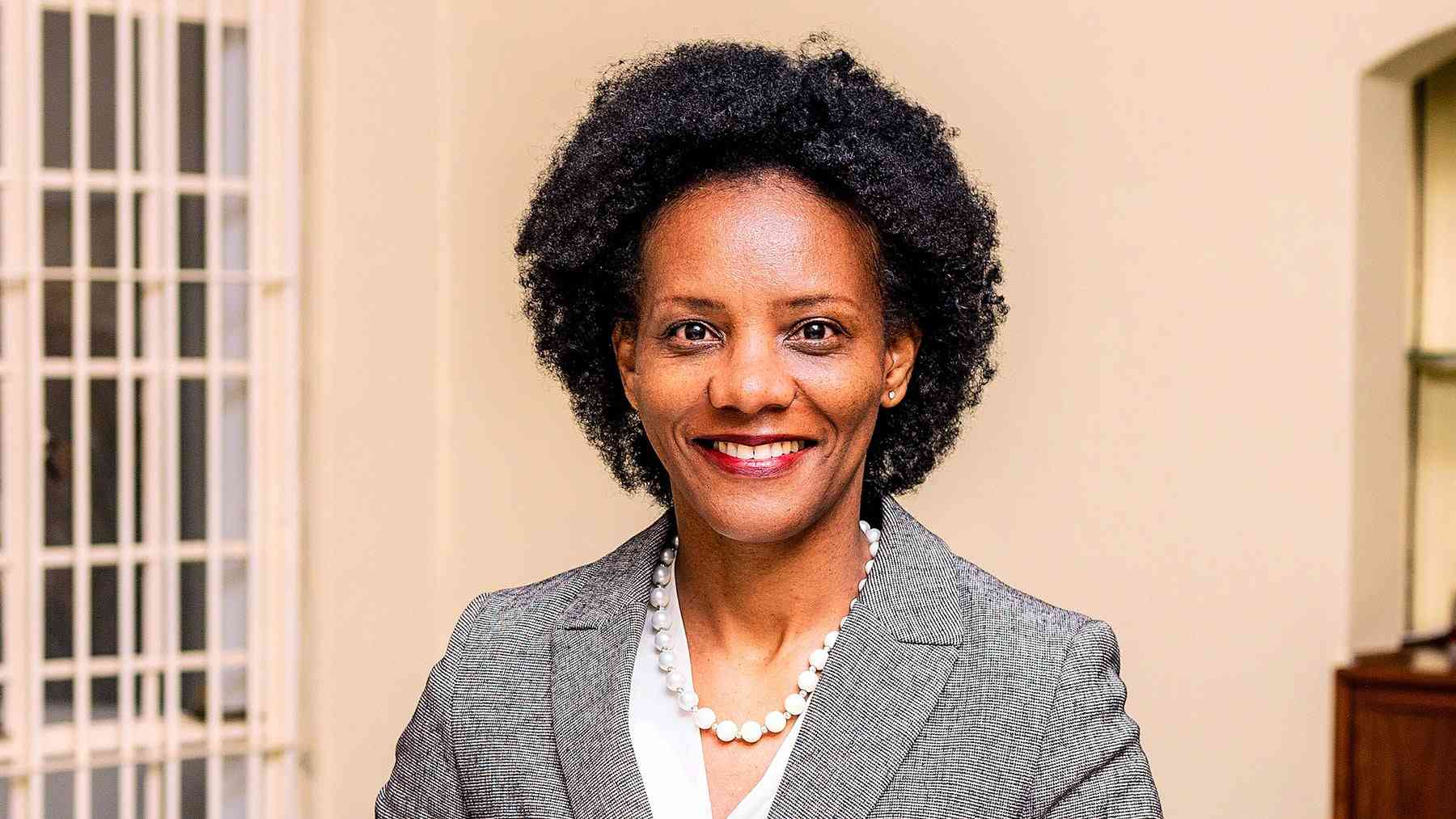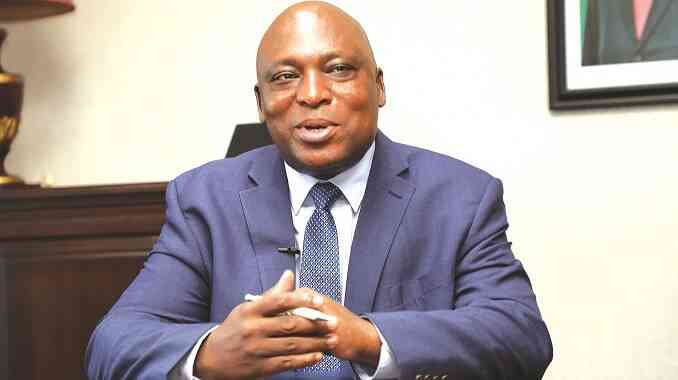
ENVIRONMENTAL, social and governance (ESG) issues are increasingly becoming an important part of economies. Globally, lenders are taking an active role in examining ESG compliance before making funding decisions. Investors are pursuing a similar trajectory. This week, our deputy business editor Tatira Zwinoira (TZ) had a discussion with international ESG expert Tawanda Muzamwese (TM), who told him unless countries and corporations change their perception towards ESG, humanity could be digging its own grave. Here is an excerpt of the interview:
TZ: We understand that ESG is become a big consideration for investors when deciding where to invest. Tell us more about this.
TM: ESG brings together environmental, social sustainability and good governance within organisations. However, it is not interrelated with other concepts like sustainable development. There are also emerging concepts like the circular economy, with the green economy and green growth. I say this to ensure stakeholders know the meaning of ESG.
TZ: What does this mean from an investment point of view?
TM: Stakeholders are responding to a number of challenges that the world is facing. As a planet, we are facing climate change. We already know that weather patterns are changing, the amount of rainfall is declining, there is a high frequency of extreme weather events and we are experiencing deforestation.
This is not only in Zimbabwe but across many countries.
As a result of the realisation that we are digging our own grave as humanity, implementing strategies like ESG will help to solve those problems.
Many companies are trying to balance between survival, paying bills and the cost of resources. With ESG, these companies can reduce the cost of their operations to resources.
- Unpacking environmental laws for real estate in Zimbabwe
- Veld fire management strategies for 2022
- Stop harassing media for reporting truth
- Letters to the editor: PVOs Bill must be shot down
Keep Reading
Many organisations globally rely on external financing in the form of loans, grants and guarantees. We are seeing that global finance institutions, are requiring an adherence to ESG principles as a condition for companies to access funding.
TZ: Why are they doing that?
TM: Institutions that provide finance do not want to be seen as complicit with sustainability challenges.
For example, if an organisation is causing pollution, a financier does not want to dent its reputation by being seen as supporting pollution through financing that firm.
This is because if products from that company are highly pollutant, they may be seen as supporting pollution. If a financial institution is funding projects with child labour or poor health and safety issues, in the eyes of stakeholders, it is seen as indulging in malpractice.
So, ESG has arrived, and many companies are adopting it. Early adoption is favourable.
Many customers, regulators, resource prices and investors are part of stakeholders that donot want to be seen as endorsing or supporting investments that are not sustainable.
TZ: Do you see a situation where international standards make it mandatory for companies to adopt ESG?
TM: We are already in that space. Initially, ESG practices were voluntary. Companies were encouraged to do that. But, we are going into a situation where there will be a bit more regulations and demands.
There are a number of international standards that focus on ESG.
We have got the Global Reporting Initiative,
GRI, which are international standards that govern sustainability disclosures, ESG disclosures. This year, we saw the release of International Financial Reporting Standards that look at climate disclosures within organisations. These standards look at strategies, policies, processes, and risks.
There are also standards like the carbon disclosure project, which is mainly applicable in areas like the United Kingdom.
Now there are also standards for assurance, such as the AA1000 Sustainability Assurance Standard and the IASE3000 standard.
TZ: And in Zimbabwe?
TM: We are already seeing countries come up with regulations to force sustainability reporting.
In Zimbabwe, we already have SI (Statutory Instrument) 134 of 2019, which is a regulation on companies that are listed on the stock exchange, which have got some listing rules It has requirements for board responsibility on sustainability.
It also requires companies to disclose their environmental, social, and economic performance.
What is special about it is that for the first time in Zimbabwe, it gives a mandatory responsibility for companies to disclose their environmental and social performance, ESG performance.
It is good the law is there. What is needed is collaborative work to ensure that it is enforced, and the regulation is not out of sync. If you go to the Johannesburg Stock Exchange and other stock exchanges, there are demands on ESG.
Now, someone will say ‘is this for stock exchange listed companies only?’ No, it is not. There are also non-listed companies. For them, these requirements for ESG remain relevant.
TZ: Are you satisfied with the amount of regulation that is there in Zimbabwe?
TM: We have some of the strongest regulations in terms of sustainability and environmental management. Where we need to strengthen interventions are issues to do with enforcement.
But when I look at all regulations, including those on ESG, they are very good. What we need to work on is how we can strengthen enforcement to ensure that what we have in our regulations can be translated into full implementation.
But I do not want to undermine the efforts done by stakeholders because there are a lot of efforts done, such as capacity building.
We have also seen cases where companies have been taken to court for non-compliance.
TZ: Tell us about savings due to ESG
TM: What I can tell you about ESG is that without it, companies use more energy than they require and pay more for energy. Actually, many companies are paying more for energy.
We must have energy audits within companies. Workers sometimes go home and leave gadgets on. AS CEO, once I know, I will also identify opportunities for improvement.
So, the hidden finance truth about ESG practice is that you can save on water, energy, reduced waste and fines. All these things are key. ESG is already unlocking international financing opportunities.
You just need to write proposals that converge with certain causes, in this case, climate change and sustainability. By the end of the day, you will have received funding.
TZ: What do you think are the challenges militating against local companies adopting ESG practices?
TM: The primary challenge is awareness. Awareness on ESG, sustainability and standards is still very low in Zimbabwe. So there is need for greater awareness among stakeholders.
There is a big issue of capacity. Not many companies are aware of the ESG standards and requirements. The second issue is that many companies in Zimbabwe do not implement certain things if they are not regulated.
Many companies just do things to comply with the law. For me, that is quite an issue because companies should go beyond regulations.
The other issue organisational culture and corporate culture. ESG practices are seen as a secondary issue after production, after goods and service have been dispatched. But this is a fundamental issue that needs to be addressed.
Also, many boards in Zimbabwe are not fully aware of the concept of ESG.
TZ: What are your recommendations?
TM: Things that must be done include awareness and training. It is a very important issue to raise awareness and to train people about ESG requirements.
What we also need is to benchmark our performance with other countries by learning and sharing experiences. I think many companies operate with an internal focus.
There is no benchmarking. Sometimes it is also about what other people are saying and doing in terms of sustainability. Regulations continue to be critical because sometimes companies need to be forced to adopt ESG.
So, to excel in ESG, you need a combination of instruments. We are going to continue to regulate ESG but at the end of the day you also need to fuse that with other instruments, such as tax holidays. We tend to do a lot of things as organisations or as a country, but it will be difficult for us to harness a lot of capital if we ignore ESG issues.











